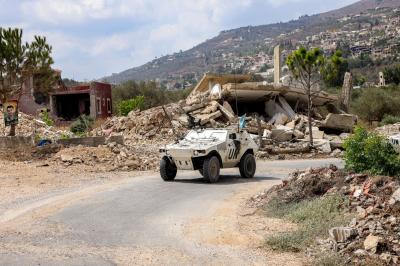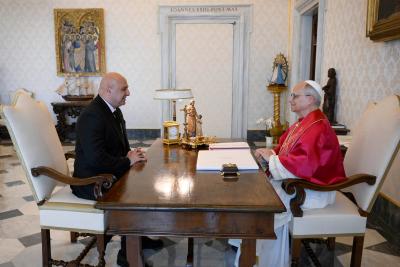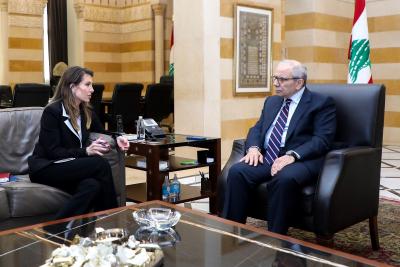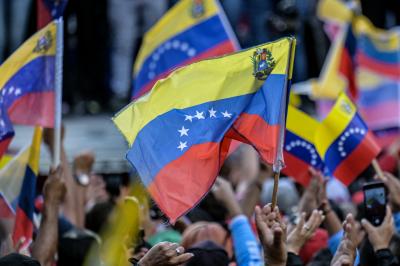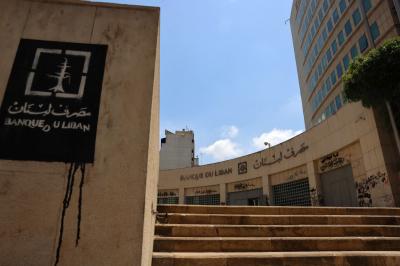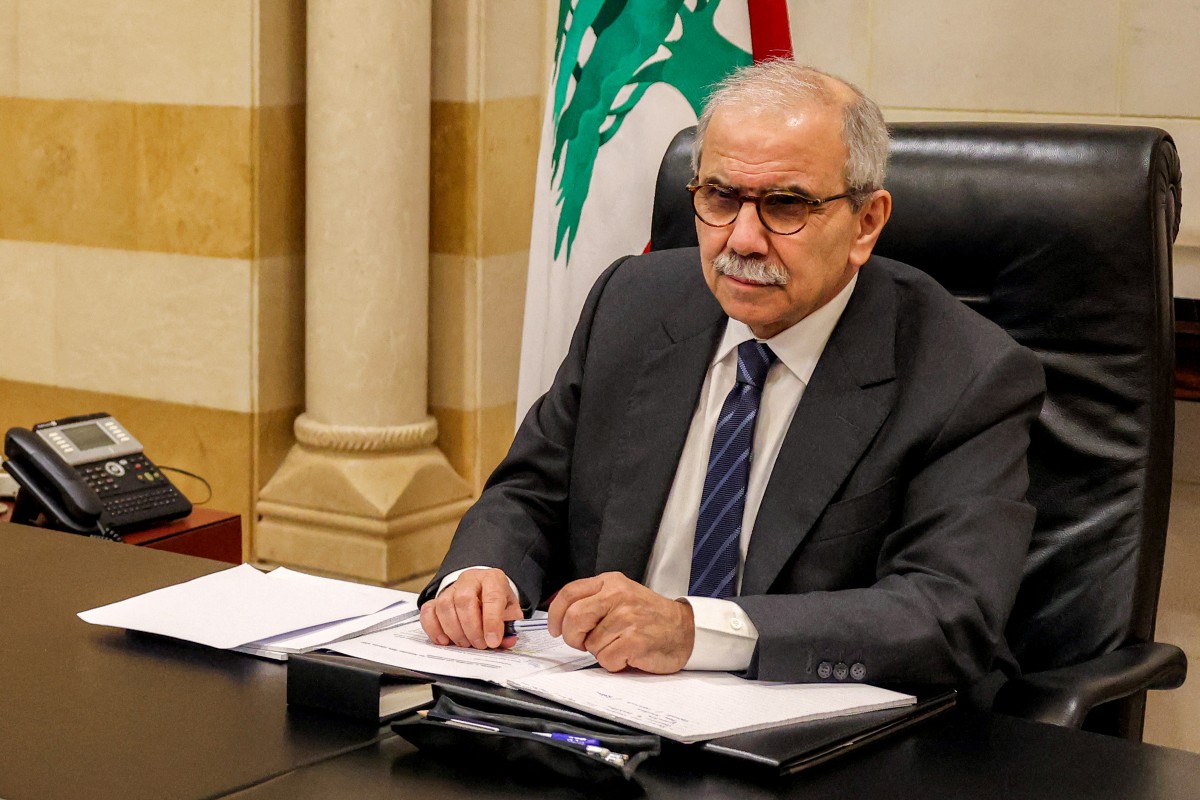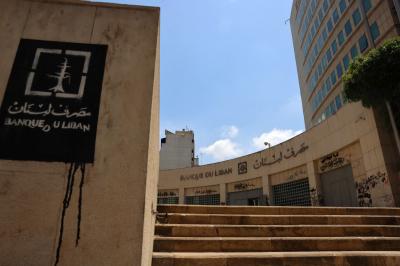The United States is well aware of the true extent of the Lebanese state’s military capabilities. Washington supplies Lebanon with weapons, provides the army with ammunition, ensures spare parts for its vehicles and air force, and authorizes third parties to sell them to Lebanon. For years, it has also provided financial support to the army and trained officers according to their needs and specializations.
The U.S. also has a clear picture of "Hezbollah’s" financial and military capacities, and what remains of them after the ongoing Israeli strikes. It understands the group’s influence, the reach of its supporters, and the size of its declared — and undeclared — opponents. Washington is equally aware of the group’s social environment, including those who prefer to “stay in their own skin” and keep silent.
The question then becomes: If the United States knows all this, why does it continue to insist that the Lebanese state collect "Hezbollah’s" weapons — along with those of all other militias and armed factions — within fixed deadlines?
The answer is simple and unmistakable: Washington wants to ensure that the Lebanese government is serious this time about honoring the commitments it has repeatedly declared in public. The U.S. experience with successive Lebanese governments — just like that of other friendly nations that extended a helping hand — has been one of repeated disappointment. They have heard eloquent promises, but seen no concrete, credible action to prove that the state truly intends to deliver on its word.
This is not a direct attack on the current cabinet in particular. Most of its ministers are newcomers to public administration and political life. However, the deputy prime minister and the ministers of finance and culture have served in past governments. They know how many times previous cabinets, including those they sat in, have backtracked on their signed commitments. They have seen administrations excel at crafting excuses and mitigating circumstances to justify breaking their promises — few of which were convincing, most of which reeked of lies and corruption.
So how is this government handling the pledge of “exclusive state control over arms”? At times, by declaring adherence to the principle, but without setting a timeline. At other times, by attaching it to conditions, or deferring it to the president on the basis that he has direct contact with "Hezbollah" on the matter. And at other times by citing changes in the regional context. None of these approaches signals genuine seriousness — rather, they reflect the same pattern as past governments: buying time, or more accurately, wasting it.
This behavior mirrors the way successive governments, since at least 2001, have dealt with structural reforms, anti-corruption efforts, economic recovery, privatization, and fiscal correction. Lebanon pledged to these reforms at Paris I (February 2001), Paris II (November 2002), Paris III (January 2007), and Paris IV — later renamed CEDRE (April 2018).
Yet the Lebanese state implemented only those reforms it could not avoid. It fought corruption only at the level of small-time pickpockets, never tackling entrenched networks. It failed to correct its fiscal path, while foreign assistance largely flowed into the pockets of the well-connected. The result? Of the billions pledged in aid, Lebanon saw only “the camel’s ear,” culminating in the eruption of the October 2019 crisis. Since then, successive governments — including the current one — have continued to dodge the fundamental questions.
If the United States is pressuring the Lebanese state to gauge its seriousness, we Lebanese are even more eager to witness that seriousness ourselves. For as much as we were once hopeful, we now live with crushing disappointment.
Please post your comments on:
[email protected]
 Politics
Politics
